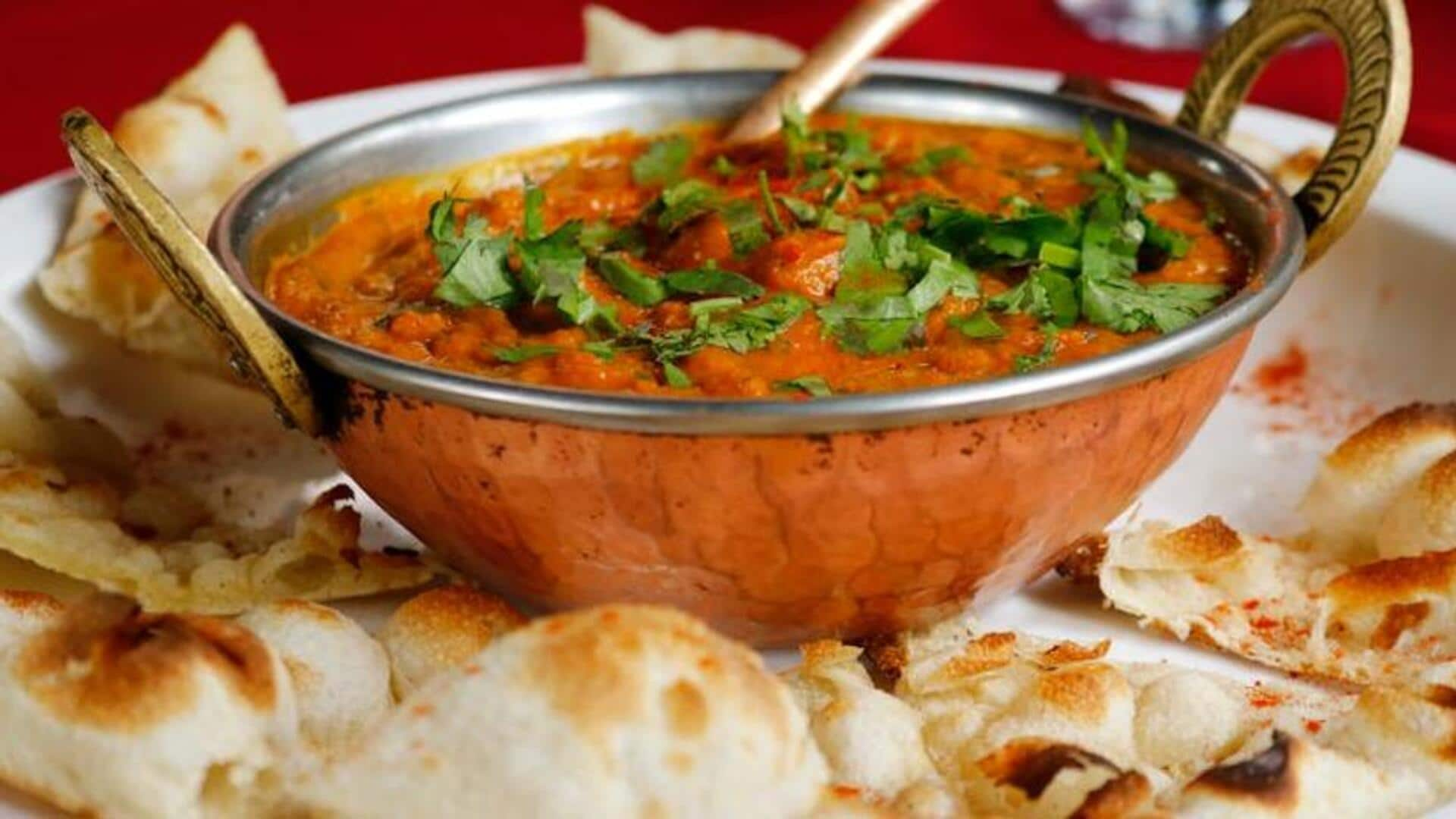
The quiet strength: Vegetarianism in Indian culture
What's the story
For thousands of years, vegetarianism has been a fundamental aspect of Indian culture, deeply intertwined with its religious and ethical philosophies. Today, with ~38% of its population following a vegetarian diet, India boasts one of the world's highest rates of vegetarianism. Religion, personal health, and environmental concerns are some of the key factors that influence this lifestyle choice.
History
Historical roots and religious influence
Vegetarianism in India has a long history, stretching back to ancient times. It is deeply rooted in the religious traditions of Hinduism, Jainism, and Buddhism. These religions emphasize the principle of ahimsa (non-violence), which extends to the avoidance of harm to animals. Hence, many adherents choose to follow a vegetarian diet as a manifestation of their faith and reverence for all life.
Health
Health benefits acknowledged globally
The health advantages of a vegetarian diet have become increasingly acknowledged globally in the past few years. Research indicates that vegetarians tend to experience lower risks of heart disease, hypertension, diabetes, and obesity compared to their meat-eating counterparts. Indian vegetarian fare, with its abundance of fruits, vegetables, legumes, and grains, offers vital nutrients while keeping saturated fats to a minimum.
Environment
Environmental impact and sustainability
For most Indians vegetarianism isn't just a personal choice for health or religion, it's also about the environment. A plant-based diet is much more sustainable as it requires significantly less water and land resources, and produces far fewer greenhouse gases compared to meat production. So, by being vegetarians, Indians are inadvertently helping the planet.
Cuisine
Culinary diversity across regions
India's culinary diversity shines through its vegetarian offerings. Each region boasts signature dishes infused with distinct flavors and fresh, locally-sourced ingredients. North Indian paneer tikka South Indian masala dosa East Indian pakhala bhata West Indian dhokla - the list goes on! This flavorful diversity is what makes Indian vegetarian cuisine so popular, not just domestically, but also on the global stage.
Economy
Economic accessibility
One big reason vegetarianism is so deeply rooted in Indian culture is because it's economically sustainable. Vegetarian staples like lentils, rice, and vegetables are much cheaper than most meat options. This means a healthy, nutritious diet is within reach for more people. Everyone can afford to eat well without breaking the bank.